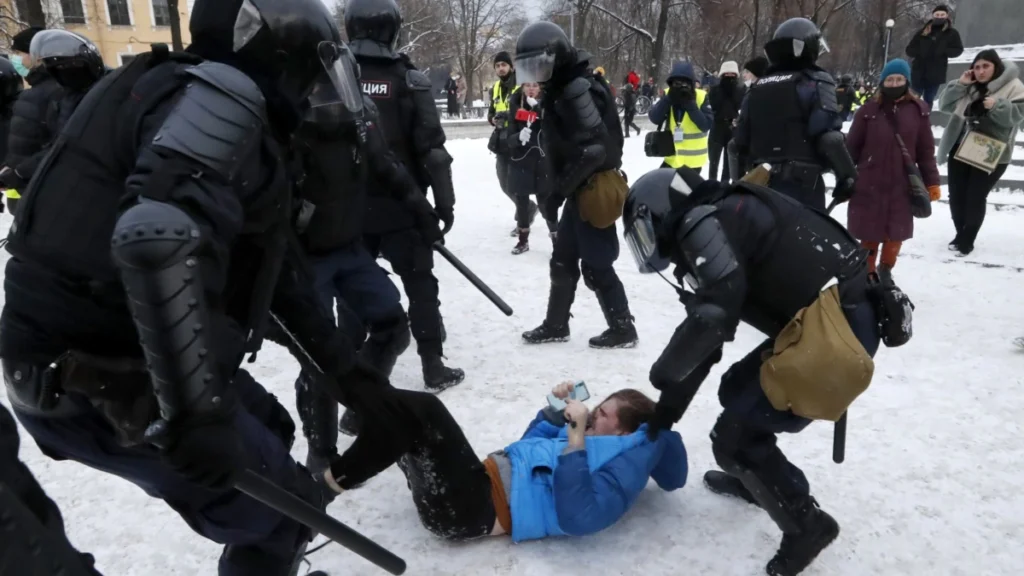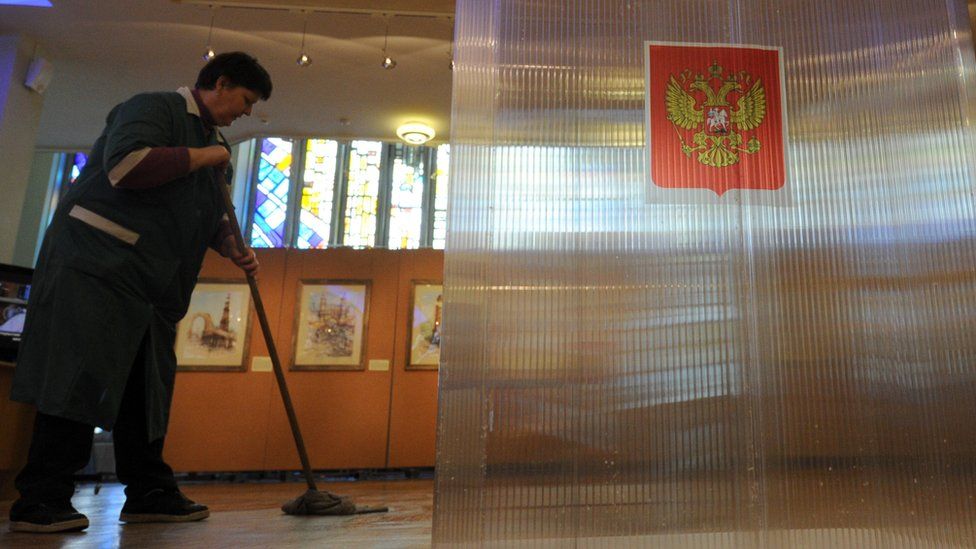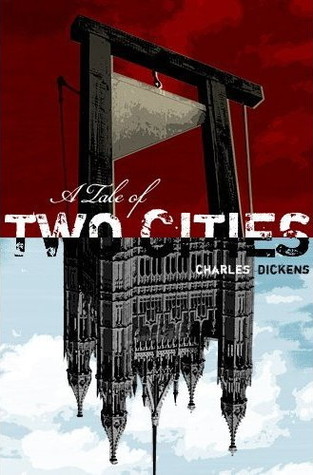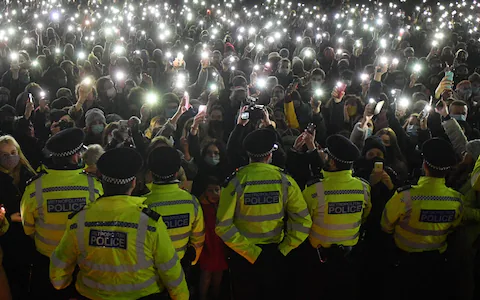An analysis of TH Labours’ defeat to Aspire, looking at both micro and macro factors. As well as some suggestions moving forward.
Are you looking for an explanation?
Given Labour gains, particularly Westminster in London, how do you explain the loss of the Mayoralty and the council to a newly formed party, the Aspire party?
A story of increasing inward-looking leadership, cut off from reality on the ground, sending troops in a campaign doomed to fail without proper training or equipment. No, it’s not Vladimir Putin’s invasion of Ukraine, but TH Labour’s defeat to Lutfur Rahman and his Aspire Party.
General’s Fighting the last War
‘A week is a long time in politics.’
Harold Wilson

A lot has happened in Tower Hamlets in the last four years, which has changed the electoral landscape. None of those changes was taken on board when TH Labour formed its election strategy.
On a macro level internationally you had the Covid-19 pandemic, with Tower Hamlets having one of the highest death rates of all London Borough. A disproportionate number of deaths were in elderly demographics, which traditionally supported Labour. A significant number of this elderly demographic, who were independently living have been moved by their extended family so they can be supported much better, an insight is taken from my experience working with local food banks.
The other macro factor has been the unintended effect of Brexit. In Tower Hamlets, we have seen an exodus of EU citizens of Eastern European origins, mainly from privately rented ex-council properties, only to be replaced by EU Citizens of a Bangladeshi origin in those very same properties. To verify the changes in the electoral register, I enquired with local mosques whether they have seen an increase in their congregations. Some replied that they have seen an increase of 25%.
On a micro level, there has been a shift in the Labour vote in the north of the borough due to the divisive LTN Policy, “Liveable Streets”, with TH Labour ending up with the worst of both worlds through an ambiguous communications strategy on the subject. Therefore, alienating traditional working-class Labour voters while not picking up any votes from the Greens. The result of such a muddled approach was an increase in the Aspire vote and the Greens getting a councillor elected in Tower Hamlets for the first time.
The other micro-level issue was the issue of social cleansing and gentrification. The general feeling amongst voters that TH Labour did not offer any policy solutions to the general angst of communities feeling that they are being pushed out. Many in the party asked for Community Wealth Building as adopted in Newham adopted, and successfully implemented in by Labour Councils in Salford and Preston to be adopted. Those calls were ignored. The demand for such policies was demonstrated by the policy conference on Community Wealth Building hosted by the #SAVEBRICKLANE coalition, and the fact that the Aspire Party adopted it in their manifesto.
As a result, TH Labour enters the election without a proper grasp of the electoral landscape or the electoral coalition ranged against them. Without a set of policies to address the demands of the electorate. A product of leadership out of touch with realities on the ground.
Divided and Dysfunctional Parties Don’t win elections
“A house divided amongst itself cannot stand.”
– Abraham Lincoln

Going into a challenging election, the local Labour Party leadership decided to instigate a crackdown on dissenting views. The Labour Party historically, due to the first past the post electoral system, has always been a coalition of Social Democrats and Socialists. Similar to the Democrats in the United States or the Labour Party in Australia. Many left and centre-left members felt they were targeted, with accusations of interference in internal elections to get the desired result. The result was a mass exodus from the Labour Group of councillors in Tower Hamlets, with many experienced and capable councillors deciding not to stand.
Aggravating this sense of alienation, many candidates were not shortlisted to stand or were deselected without any explanation to the membership. Most of whom were of Muslim heritage, leaving the local party open to accusations of institutional Islamophobia. This factional purge resulted in the selection of councillor candidates being held late, with the last candidates being selected a few days before nomination papers were submitted to Tower Hamlets Council.
This left the list of Labour candidates unrepresentative of the wider membership. Many were inexperienced in campaigning and parachuted into areas where they had no links to the local community.
The outcome is in a lot of cases inexperienced candidates run shambolic campaigns with no confidence from the local communities they are standing to represent. Whereas nearly all the Aspire candidates had some link to the ward they lived in and have had a background in grassroots organising in their target wards, from running food banks to going involved in the local football team.
As a result, TH Labour goes into an election with over half the membership alienated and demotivated. Coupled with the fact of having candidates selected late with little or no link in the local areas they were running in. A matter aggravated by the fact of many experienced councillors standing down.
“It’s rather like sending our opening batsmen to the crease only for them to find that before the first ball is bowled, their bats have been broken by the team captain.”
Geoffery Howe
Not getting the #Endz: Underestimating the demand for radical politics and change.
“It’s the enemy you underestimate who kills you.”
Robert Jordan

The East End of London has one of the widest sets of inequalities in the whole of the UK. Per capita income in Tower Hamlets is over £100,000. However, the borough has one of the highest child poverty rates in all of Western Europe, in some areas over 60% of all children grow up in poverty. The optics and experience of such inequalities give rise to the demand for change and radical politics.
This can be seen in the political history of the East End, from the last elected Communist MP, Phil Piratin to Geroge Galloway’s RESPECT Party, to now Lutfur Rahman beating the Labour Party three times.
This appetite was shown in recent years by the mass mobilisation of resistance to certain council policies. For example, over 2,500 signatures forced the council to change its parking policies. Or over 1,000 residents signed an open letter against their councillors forcing a halt to the LTN rollout in Whitechapel and the removal of the consultants.
The response from the Labour Party was the standard servicing model of campaigning assuming, that majority of the voters will vote Labour. All they needed was a reminder of the vote, linked with the reassuring message of business as usual. Not learning from the recent Brexit referendum in left-behind areas and taking voters for granted.
There was a compelling narrative for voters to come out and vote for Lutfur Rahman, something which TH Labour was lacking. The voters wanted change, and the Aspire was providing a moral cause and avenue for change.
“The Moral Law causes the people to be in complete accord with their ruler, so that they will follow him regardless of their lives, undismayed by any danger.”
Sun Tzu
A tale of two campaigns: Whitechapel and Mile End
“It was the best of times, it was the worst of times, it was the age of wisdom, it was the age of foolishness”
Charles Dickens
Could it have been different? Why did Labour win in some wards and lose in others? I was involved in the campaigns in two wards, Whitechapel as Secretary of the party and Mile End as the Councillor. The experience in these different wards might give us some answers.
In Whitechapel, a candidate was deselected on a technicality, with a decades-long grassroots link to the was deselected without any credible explanation to the members. This happened despite nearly 100 members voting for her and the local Labour Party coming out in favour of her not being deselected. The local party and the local councillor wrote a letter in her favour, arguing that it will result, due to the many institutions being based locally, an adverse effect on the ward elections and the borough as a whole. This is due to the historical links of many institutions in Whitechapel to the wider Muslim community in East London. Instead of the projected three Labour wins, we had one, as per feedback from canvassers most of the campaign was preoccupied with explaining why we deselected a popular candidate. Reinforcing the perception of a discriminatory local Labour Party.
In consultation with local stakeholders, I as the secretary of the local party along with members will be asking for a full investigation behind the deselection, as in our opinion the process contravened the Labour Party rule book. As a means of building back the trust locally between the party and local stakeholders.
In Mile End, due to the involvement of myself and the then councillor of the ward David Edgar, we managed to give leadership to the campaign which campaigned in all demographics with a compelling inclusive narrative. Resulting in a Labour hold in all three seats, with two inexperienced candidates out of the three. We were assisted in having one of the candidates being a former Councillor from Brent, who had the campaigning experience to cut across to residents with a clear message. As in the Westminster Labour campaign, doorstep conversations were focused on hyper-local issues, giving voters a compelling reason to come out and vote for the Labour candidates.
David, a councillor for over two decades, provided leadership in getting all factions in the local party, from the right and left, to go out and campaign on the day for the Labour ticket. All three candidates were selected in a selection meeting where 140 members attended, motivating members to go out and engage their neighbours in a peer to peer GOTV campaign. A good record to go out on as both David and I have stood down, 3 Labour wins bucking the trend across the borough.
The win was also aided by the fact that the ward benefitted from continuous investment over the decades, for example before the Covid-19 pandemic, an average of 150 social housing units were being built per year on the ward. In addition, continuous improvements to the ward have been made in terms of amenities and infrastructure.

What next? Some House Cleaning?
“It’s hard, when you’re up to your armpits in alligators, to remember you came here to drain the swamp”
Ronald Reagan

TH Labour needs to rediscover the spirit of 2018. A united party, with radical policies. For example, the manifesto I was elected on in 2018, asked for a review of the Prevent strategy in line with the approach adopted by the Mayor of Manchester, Andy Burnham. We had an energised membership, motivated by the fact that for the first time in a quarter of a century, members got to select their councillor candidates. To rediscover that spirit I have the following recommendations.
- First, reconnect members with elected Labour Officials. With a proper system of accountability and funding to local Labour Parties by elected members. Why not have the members elect the Labour Group leaders, as in other places?
- Select early, and select credible candidates with strong local links and a proven record of familiarity with the issues in the wards they intend to stand.
- A campaign strategy focusing on the doorstep hyper-local issues and demonstrating delivery, rebuilding trust between the Labour Party and residents.
- An inclusive local Labour Party, with members of all persuasion feeling welcomed. For the local party to fly high, it needs both wings, not just one.
Historically, the strength of Lutfur Rahman and the Aspire Party comes from the dysfunctionality of TH Labour. The strength of Lutfur Rahman and the Aspire Party comes from the appetite that the people of Tower Hamlets have always shown to vote for the party which offers a manifesto which addresses radical change. A dysfunctional Labour Party cannot do that.
Therefore, all paths for Labour regaining Tower Hamlets, go through the task of making the local Labour Party fit for purpose. TH Labour needs to rediscover its roots and collectively reconnect with the residents it claims to represent. Historically, the strength of Lutfur Rahman and the Aspire Party comes from its grassroots community building and the appetite that the people of Tower Hamlets have always had for a manifesto which addresses structural problems with radical solutions. A detached and unrepresentative Labour Party cannot offer either.
Every crisis is an opportunity, perhaps this will be an opportunity to clean up TH Labour and make it reflective of the needs of the wider community, representing all demographics. Not just Bangladeshis, but Somalis, North Africans, West Africans, Afro-Caribbean, and EU citizens to the traditional working-class communities that historically made up the East End. A local Labour Party that reflects today’s East End, not just the select few.
“Hope is being able to see that there is light despite all of the darkness”
– Desmond Tutu
———————————————–
Further Reading
For those interested in reading further on the context in some of the issues cited as contributing towards Labours defeat in Tower Hamlets:
Covid -19
A Covid New World of ever-growing inequality
Puru Miah – 05/05/2020
As the coronavirus pandemic sweeps across the UK, Puru Miah reports how inequality and racism is seeing Covid-19 hit the Black, Asian and minority ethnic communities hardest of all.
Comfortably Numb? Low Vaccine roll out and Tower Hamlets
Puru Miah – 10/03/2021
The latest statistical release from the NHS released on the 4th of March shows that Tower Hamlets in terms of vaccine roll-out is below the national average in all priority age groups and, in all wards, in some areas 20% below the national average.
What do these numbers say, and why are some people comfortably numb about it?
Low Traffic Neighbourhoods (LTN) Liveable Streets
On yer bike!
Puru Miah – 02/02/2021
Liveable Streets – Is it fair?
Puru Miah – 13/02/2021
Details of new Cross-Party Inquiry in Tower Hamlets into Liveable Streets (Low Traffic Neighbourhoods)
On Yer Bike! A new tale of two cities in Tower Hamlets?
Puru Miah – 21/02/2021
A look at low traffic neighbourhoods (Liveable Streets), are bike-induced road closures creating a new “tale of two cities” in Tower Hamlets? With details of cross-party Tribunal to look at the issue.
Politics and Race
Confronting prejudice in the Labour Party
Puru Miah – -12/12/2020
A Labour report should spur action against Islamophobia
When black lives don’t matter
Puru Miah – 10/06/2020
The recent Public Health England report on the impact of Covid-19 on Black, Asian and minority ethnic communities contains no action plan and sidesteps equalities law, says Puru Miah
Where have all the congregations gone? COVID-19 deaths in the Muslim community
Puru Miah – 12/05/2020
The latest ONS figures show that Bangladeshis are 3.5 times more likely to die from coronavirus. But what the numbers don’t reveal is the human impact of these numbers. Victims of inequality and racism, COVID-19 is hitting the Black, Asian and Minority Ethnic communities hardest of all.
Pride & Prejudice: Shamima and the rhetoric of #OneTowerHamlets.
Puru Miah – 06/03/2021
Is equality under the law being applied by Tower Hamlets Council in regard to Shamima. If so, why are they refusing to carry out a Serious Case Review? Or is Shamima and others like her, an ‘exception’ to the rule?
Tackling racism in Tower Hamlets: Are we behind the curve?
Puru Miah – 21/03/2021
Recently Tower Hamlets Council published its ‘Inequality Commission’ report on racial disparities. Speaking to grassroots stakeholders and those who took part, the report and process raise more questions than it answers. In Tower Hamlets, 10 years after the Equalities Act, how did we come to this?
Tower Hamlets Racism Report: A case of do as I say, not as I do?
Puru Miah – 27/03/2021
Why I object to the Black Asian Minorities Inequalities Report by Tower Hamlets Council, noted by the Mayor and Cabinet on the 24th March 2021. And why I will be seeking support to challenge the decision on the report, asking for a genuine debate.




Recent Comments